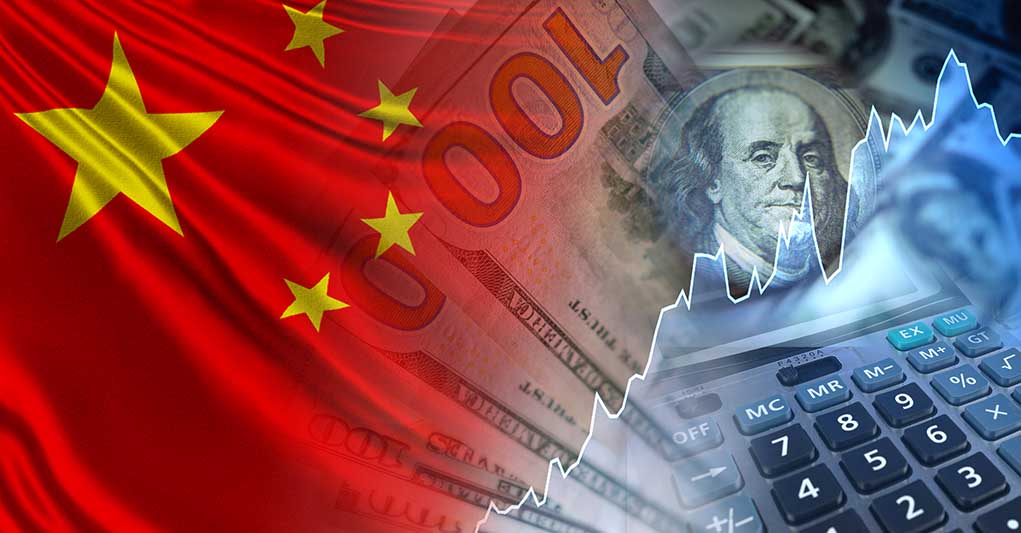China-U.S. Tariff Negotiations: Economic Pressures and De-Escalation

China confirms U.S. requested tariff talks in Switzerland, stating clearly that their position remains firm on principles of equality and mutual respect—despite both sides facing economic pressures to reduce tariffs.
Top Takeaways
- China has confirmed upcoming trade talks on tariffs in Switzerland were requested by the United States, not China.
- Chinese officials insist any productive discussions must be based on “equality, respect, and mutual benefit,” rejecting coercion as ineffective.
- Current tariffs are exceptionally high, with the U.S. at 145% and China at 125%, creating economic pressure on both sides to reach an agreement.
- Treasury Secretary Scott Bessent emphasized the need for immediate “deescalation” before formal negotiations can progress.
- Experts warn against excessive optimism about a quick resolution, suggesting a longer, more complex negotiation process lies ahead.
China Takes Firm Position Ahead of Talks
China has made it clear that upcoming tariff discussions with the United States in Switzerland are happening at America’s request, not their own. A spokesperson for China’s Foreign Ministry emphasized that their stance on tariffs remains unchanged, insisting that any dialogue must occur on equal footing. This firm position comes as both economic powers prepare for what could be a critical round of trade negotiations amid escalating tensions and hefty tariffs that have burdened businesses and consumers on both sides of the Pacific.
The high-level talks will bring together U.S. Treasury Secretary Scott Bessent, U.S. Trade Representative Katherine Tai, and Chinese Vice Premier He Lifeng in Switzerland. With current tariffs at staggering levels – 145% from the U.S. side and 125% from China – both nations face mounting pressure to find a path toward reduction. However, Chinese officials have explicitly stated that “pressure or coercion will not be effective in negotiations,” signaling potential challenges ahead for American negotiators seeking quick concessions.
Tariff talks back on trackChina has agreed to engage with the U.S. on tariff issues after Washington signaled possible policy adjustments and reached out through multiple channels, a Ministry of Commerce spokesperson said Wednesday.
Chinese Vice Premier He Lifeng is set… pic.twitter.com/s6V2LelRW6
— Yawen Xu (@YawenXu17) May 7, 2025
Deescalation First, Negotiations Second
Treasury Secretary Scott Bessent has set more modest expectations for the initial meetings, describing them as primarily focused on deescalation rather than comprehensive agreements. This measured approach suggests U.S. officials recognize the complexity of the issues at hand and the need to rebuild diplomatic foundations before tackling specific trade disputes. The immediate goal appears to be reducing tensions enough to create space for more substantive discussions later.
“My sense is that this [weekend’s talks] will be about deescalation, we’ve got to deescalate before we can move forward,” said Bessent.
Bessent has also mentioned the possibility of a partial decoupling between the United States and China, focusing specifically on strategic industries rather than across-the-board separation. This nuanced position reflects growing concerns about national security and critical supply chains while acknowledging the deep economic interdependence between the world’s two largest economies. Markets are watching closely, hoping for signals that might indicate a potential easing of trade restrictions.
Tempering Expectations for Quick Resolutions
Despite the scheduled talks, experts are cautioning against excessive optimism about rapid breakthroughs. Terry Haines of Pangaea Policy warned investors not to “mistake China engagement with China deals,” highlighting the distinction between diplomatic participation and actual concessions. The complexity of issues ranging from intellectual property theft to market access and subsidies suggests that comprehensive agreements will require patience and persistence from negotiators on both sides.
President Trump has further complicated expectations by expressing willingness to proceed without a deal, suggesting that the U.S. is “losing nothing” by not trading with China. This stance contrasts with the urgency felt by many American businesses and farmers who have suffered under retaliatory tariffs and lost market access. As both nations grapple with economic challenges including inflation and slowing growth, the pressure for some form of agreement continues to build, even as fundamental differences on trade practices and economic systems persist.


